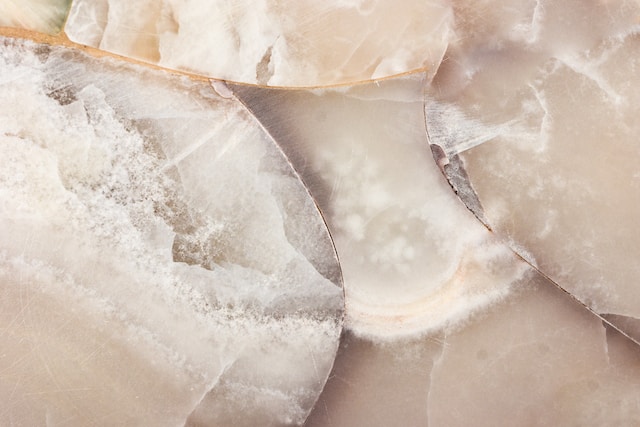
From classic marble countertops to sleek travertine flooring, stone surfaces elevate the aesthetic of any space. But they also require proper care to withstand time and resist damage.
A combination of preventive measures, a gentle daily cleaning routine, and prompt action on spills and stains goes a long way toward preserving the elegance of your stone surfaces.
Durability
Natural stone is an incredibly durable material. This makes it an excellent choice for areas with heavy foot traffic, water features, or exterior wall cladding on buildings.
The stone industry classifies stone into two chief categories based on mineral composition: Siliceous stones (high in silica or quartz-like particles) are sturdy and somewhat immune to acidic pH and scratching damages. These include granite, quartzite, sandstone, and slate. Calcareous stones (high in calcites or calcium compounds) are softer and less resistant to these damages. These include limestone, travertine, and marble.
Maintaining the pristine appearance of commercial spaces often involves specialized services like commercial stone care Manhattan NY, catering to the unique needs of businesses aiming to preserve and enhance the elegance of their stone surfaces.
Keeping these stone surfaces clean and free of damaging debris is vital for their longevity. Additionally, since they can harm the stone’s fragile surface, avoiding abrasive products and harsh chemicals such as steel wire sponges and metal scouring pads is advised. In addition, immediately cleaning up spills and avoiding excessive heat exposure is essential for preventing stains. By following these easy actions, stone surfaces can last much longer and continue to improve a room for many generations.
Beauty
From the earthy allure of slate to the luxury of granite, natural stone surfaces bring timeless beauty and value to spaces. While they require a little more care than some man-made materials, they offer durability and elegance that cannot be replicated.
Using the right cleaning products and preventive measures is essential for maintaining stone surfaces. Using non-abrasive cloths or a dry dust mop to remove dust and debris regularly helps extend the life of your stone surfaces. For regular wet cleaning, opt for a pH-neutral cleaner or a combination of warm water and mild soap.
Stubborn stains are best tackled immediately, as letting them sit can cause permanent damage. For tougher messes, create a baking soda and water paste, gently scrub the stain and rinse thoroughly. Regularly resealing your stone surfaces can help prevent moisture penetration and staining. In addition, resealing is a simple way to enhance the look and feel of your space.
Aesthetics
The allure of natural stone surfaces, whether marble countertops in the kitchen or slate flooring on the patio, can add timeless elegance to any space. But like any surface, stone can deteriorate over time if not cared for properly. Luckily, a few easy steps can help extend the life of your stone surfaces.
Establishing a daily cleaning routine is one of the most essential preventive measures. Regular dusting with a soft microfiber cloth or broom helps keep dirt and debris from becoming embedded in the porous surface of your stone surfaces. If a spill does occur, addressing it promptly is critical to minimize staining and damage.
Consider hiring a professional to perform a deep refreshing clean using acid washing for more stubborn stains. This process requires specialized equipment and expertise, so it’s not a task that you want to assign to your janitorial crew. Acid washing removes dirt, mildew, mold, and other contaminants from stone by utilizing an acid solution to dissolve them.
Sustainability
Unlike synthetic products, natural stone is made entirely of minerals and has no additional manufacturing steps. It requires no chemicals that could harm the environment or contaminate water sources and is a green choice for building materials.
However, the quarrying and transportation processes of importing and fabricating stone have an environmental impact. Some are working to minimize this by using older, less fuel-efficient equipment; conserving the local vegetation and landscapes at the quarry sites to reduce erosion and airborne dust; recycling oil, reducing fuel consumption; and planning for quarry closures with creative end-of-life options like creating parks.
Regular maintenance can also reduce the amount of wear and tear on a stone surface, keeping it looking newer for longer. Protective mats in high-traffic areas can prevent dirt and dust from being tracked onto the surface. Placing coasters under glasses and trivets under hot pans can help protect the stone from scratches, as can wiping up spills immediately to prevent staining.





More Stories
Understanding Personal Injury Law: A Comprehensive Guide to Your Legal Rights and Obligations
Eyes on the Future: Cutting-Edge Trends Shaping Eye Care
The Precision and Efficiency of Modern Injection Molding Techniques